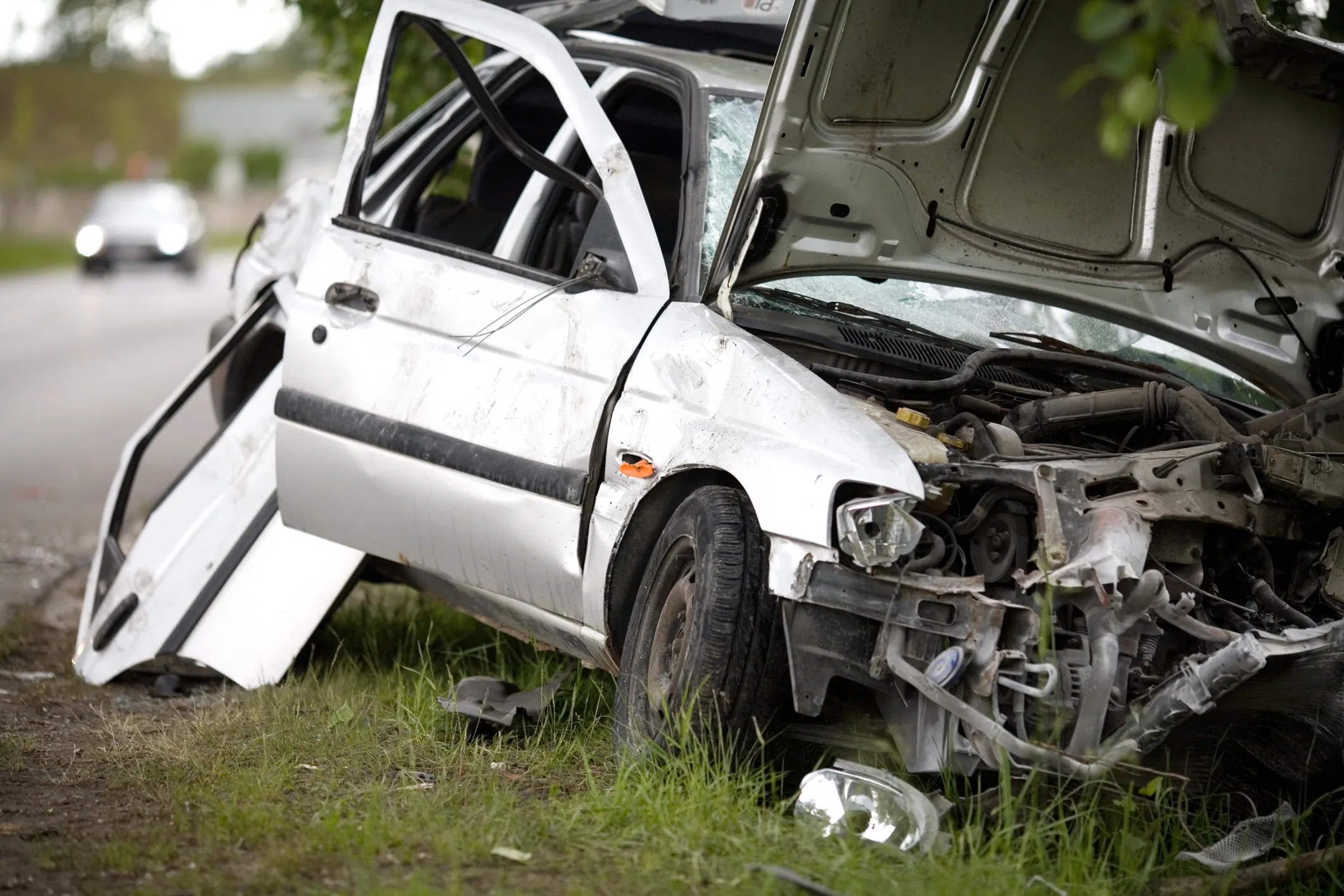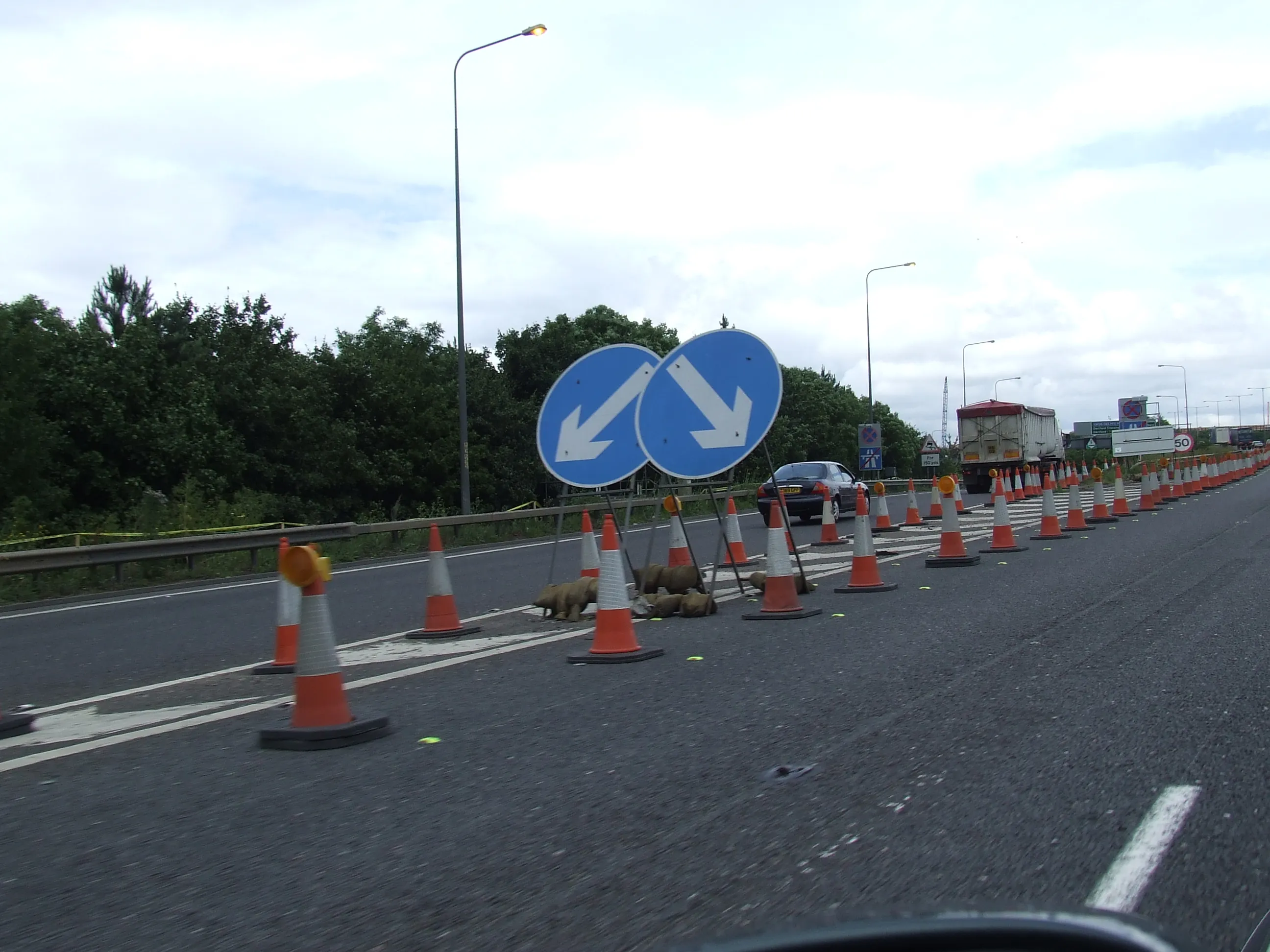The latest official figures on road safety in Europe are giving cause for concern, with data showing that casualty reduction has slowed. EU transport commissioner Siim Kallas recently announced disappointing progress in casualty reduction on Europe's roads. The joint European police association, TISPOL, has added that it is also concerned that improvements in cutting fatalities on Europe’s roads significantly slowed in 2011. The overall figure shows a reduction of just 2% in the total number of people kille
June 25, 2012
Read time: 3 mins

The latest official figures on road safety in Europe are giving cause for concern, with data showing that casualty reduction has slowed. EU transport commissioner Siim Kallas recently announced disappointing progress in casualty reduction on Europe's roads. The joint European police association, 4753 TISPOL, has added that it is also concerned that improvements in cutting fatalities on Europe’s roads significantly slowed in 2011.
The overall figure shows a reduction of just 2% in the total number of people killed on Europe’s roads, according to EU figures. This is in stark contrast to the yearly average of 6% achieved throughout the last decade. Kallas emphasised what he saw as the vital role of police enforcement and his call for constant checks and controls and for the resources they require, which TISPOL has said it fully supports. The police have a key role to play in helping to change road user behaviour through education, backed up by enforcement for those who ignore the warnings. TISPOL has said that it is committed to working with others to reduce road deaths and to achieve the2465 European Commission’s objective of cutting road fatalities in half by 2020.
Ian Hamill, TISPOL general secretary, commented that the new figures on EU road deaths for 2011 give major cause for concern. The good news is that road deaths are still falling; countries like Bulgaria, Romania, Latvia, Hungary and Greece have delivered positive results. But the bad news is that road deaths are falling more slowly. He said, “We have had weaker years. But we have not seen this kind of pronounced 'slow down' before. Worse still, there are some large EU Member States, which normally have very good road safety records, where the trend is up!” He continued, “Other Member States that were already lagging behind in road safety also showed increases last year. This is very worrying.”
Hamill added, “Finally, motorbikes remain a problem. EU road deaths have fallen over the last 10 years, but not for motorbikes. There, the number of deaths remains the same. This is not acceptable. Faced with these tendencies, what can we do? The results may be due to a complex mix of factors. There will be a more detailed analysis of the country figures in months to come and that may well tell us more.”
Summing up he said, “In the meantime, these figures are a ‘wake-up’ call as 85 people still die on Europe's roads every day. It is not acceptable. We have made good progress since 2001. We have cut road deaths by almost 45%. We have saved more than 125,000 lives. But we need to do more. We already have an ambitious Road Safety Action Plan that aims to cut road deaths in the EU by half by 2020. We need to work harder there. In addition, this year, I want to focus efforts in two key areas. First, I am concerned about enforcing rules at national level. The three big killers have not changed: drink driving; not wearing seat belts and speed; as well as ignoring red traffic signals. Tackling them has to be our priority. But rules only work when they are enforced. That means constant checks and controls on the ground, and that takes resources. I am writing to Member States to ask for more information on national road safety enforcement plans and initiatives foreseen for 2012. In tough economic times, I want to be reassured that national cutbacks will not damage this important work.”
The overall figure shows a reduction of just 2% in the total number of people killed on Europe’s roads, according to EU figures. This is in stark contrast to the yearly average of 6% achieved throughout the last decade. Kallas emphasised what he saw as the vital role of police enforcement and his call for constant checks and controls and for the resources they require, which TISPOL has said it fully supports. The police have a key role to play in helping to change road user behaviour through education, backed up by enforcement for those who ignore the warnings. TISPOL has said that it is committed to working with others to reduce road deaths and to achieve the
Ian Hamill, TISPOL general secretary, commented that the new figures on EU road deaths for 2011 give major cause for concern. The good news is that road deaths are still falling; countries like Bulgaria, Romania, Latvia, Hungary and Greece have delivered positive results. But the bad news is that road deaths are falling more slowly. He said, “We have had weaker years. But we have not seen this kind of pronounced 'slow down' before. Worse still, there are some large EU Member States, which normally have very good road safety records, where the trend is up!” He continued, “Other Member States that were already lagging behind in road safety also showed increases last year. This is very worrying.”
Hamill added, “Finally, motorbikes remain a problem. EU road deaths have fallen over the last 10 years, but not for motorbikes. There, the number of deaths remains the same. This is not acceptable. Faced with these tendencies, what can we do? The results may be due to a complex mix of factors. There will be a more detailed analysis of the country figures in months to come and that may well tell us more.”
Summing up he said, “In the meantime, these figures are a ‘wake-up’ call as 85 people still die on Europe's roads every day. It is not acceptable. We have made good progress since 2001. We have cut road deaths by almost 45%. We have saved more than 125,000 lives. But we need to do more. We already have an ambitious Road Safety Action Plan that aims to cut road deaths in the EU by half by 2020. We need to work harder there. In addition, this year, I want to focus efforts in two key areas. First, I am concerned about enforcing rules at national level. The three big killers have not changed: drink driving; not wearing seat belts and speed; as well as ignoring red traffic signals. Tackling them has to be our priority. But rules only work when they are enforced. That means constant checks and controls on the ground, and that takes resources. I am writing to Member States to ask for more information on national road safety enforcement plans and initiatives foreseen for 2012. In tough economic times, I want to be reassured that national cutbacks will not damage this important work.”









